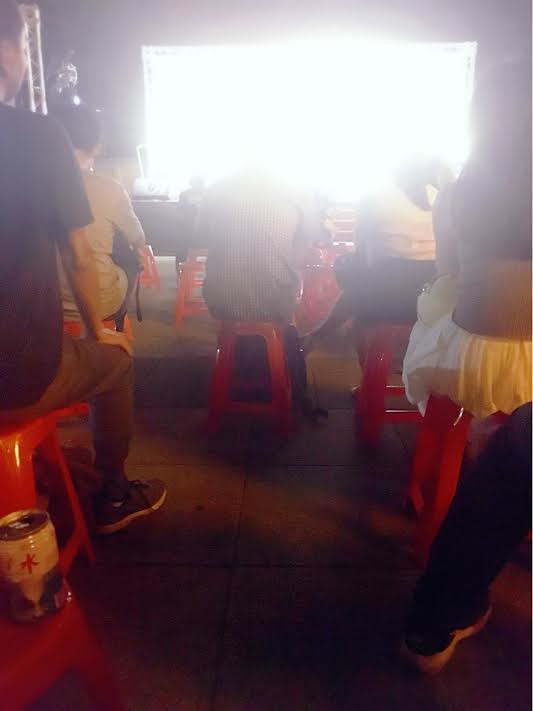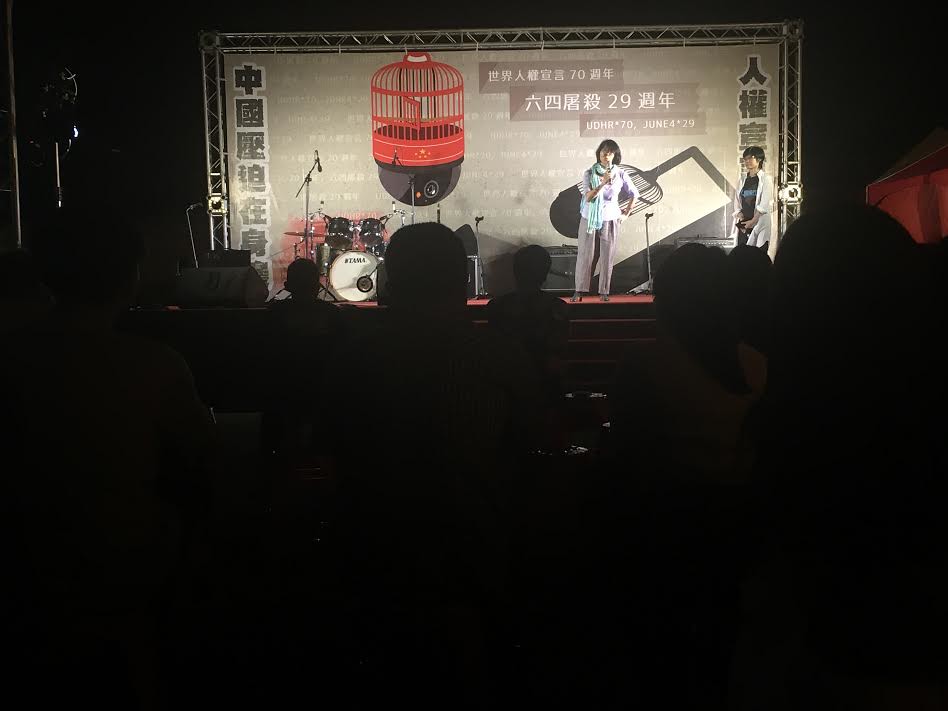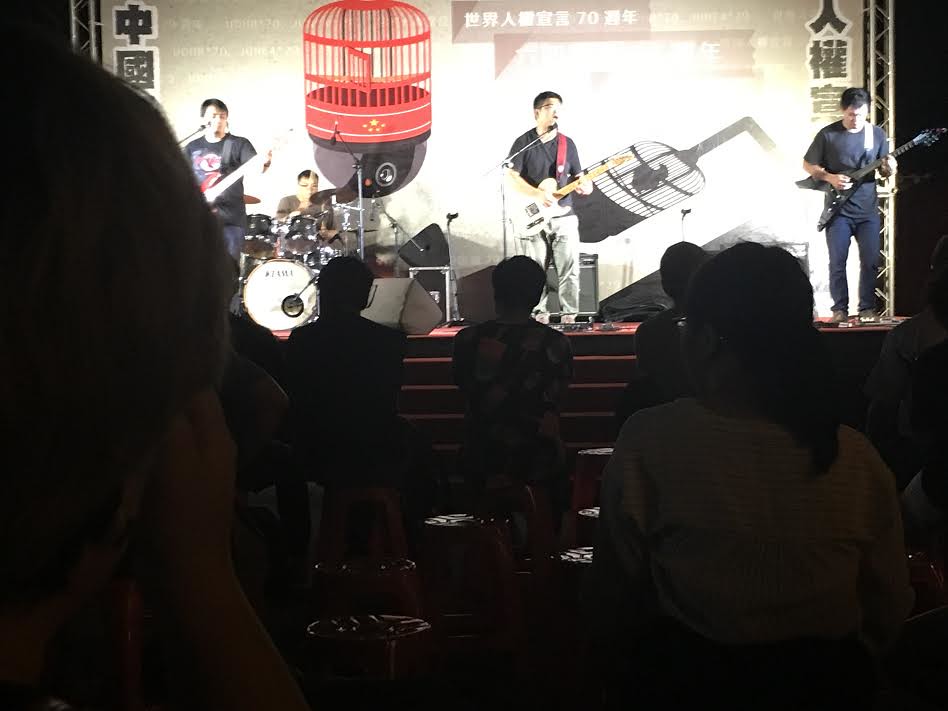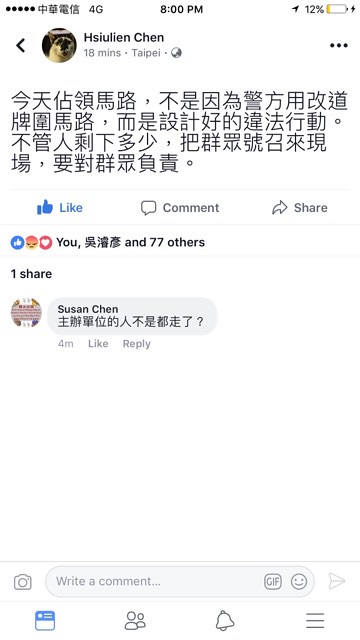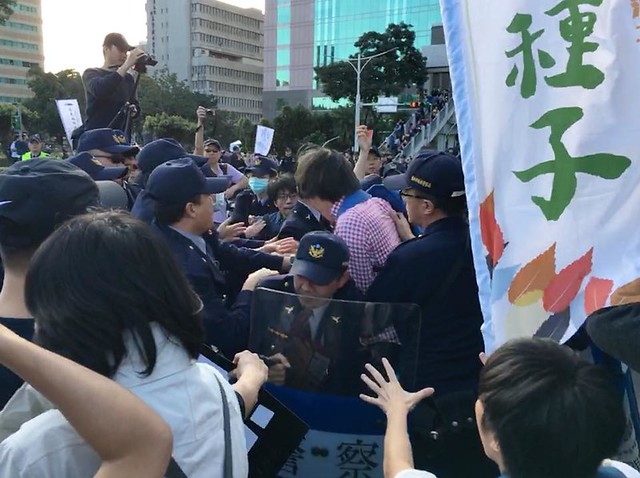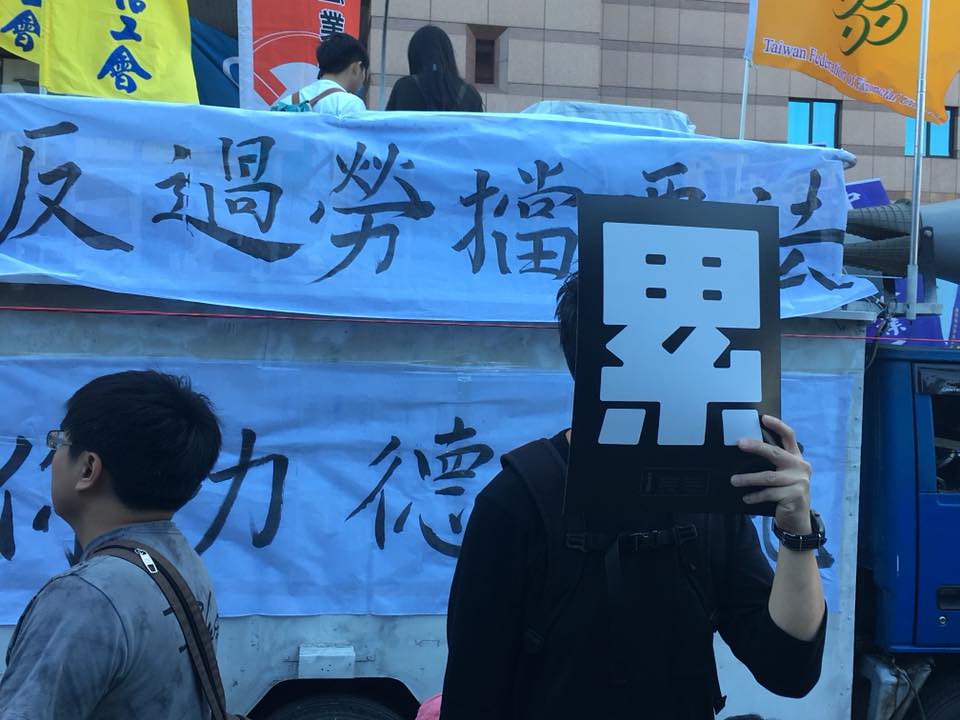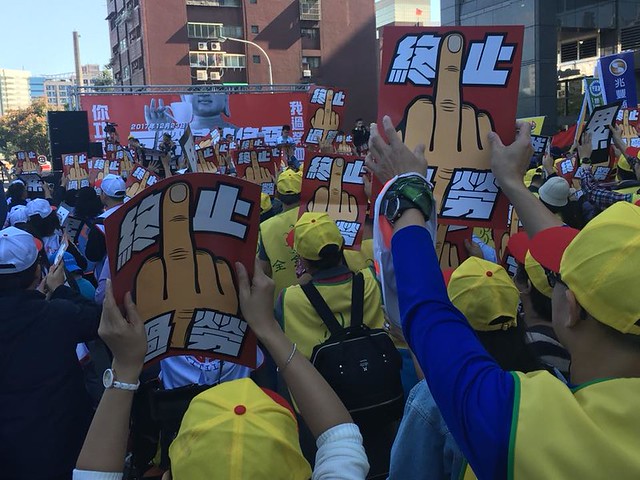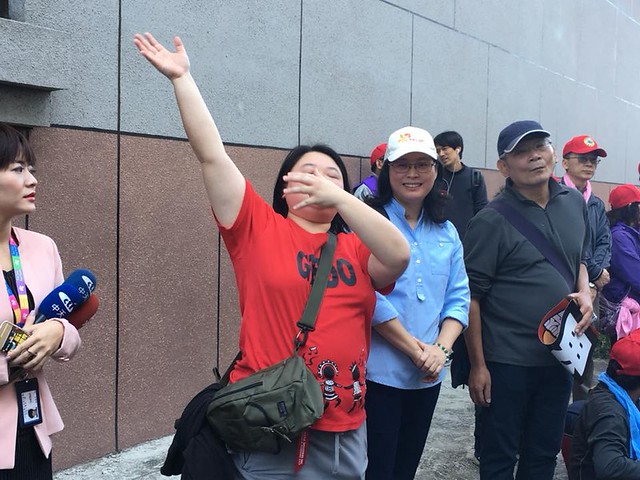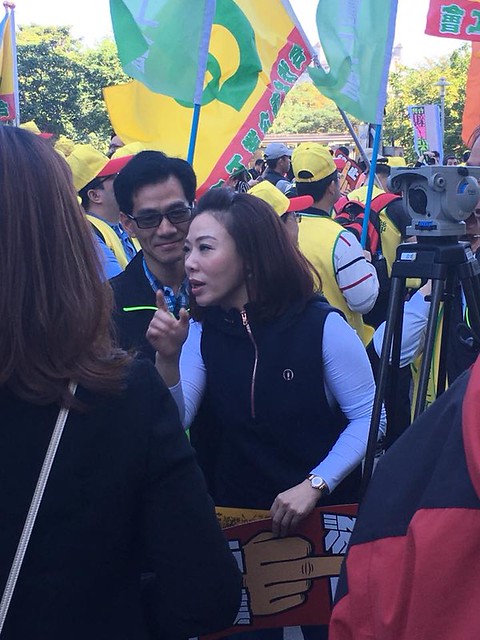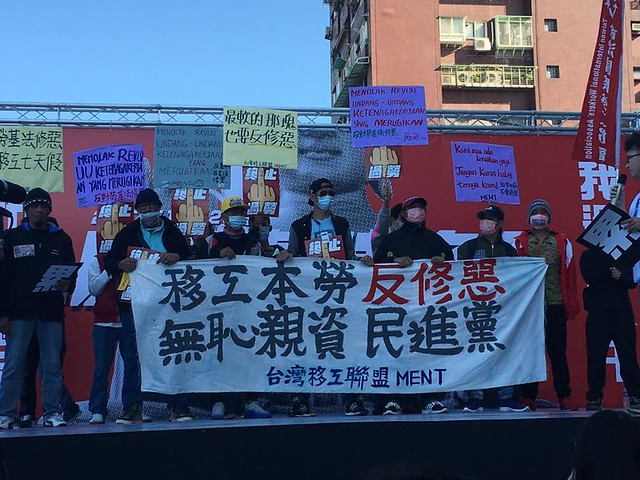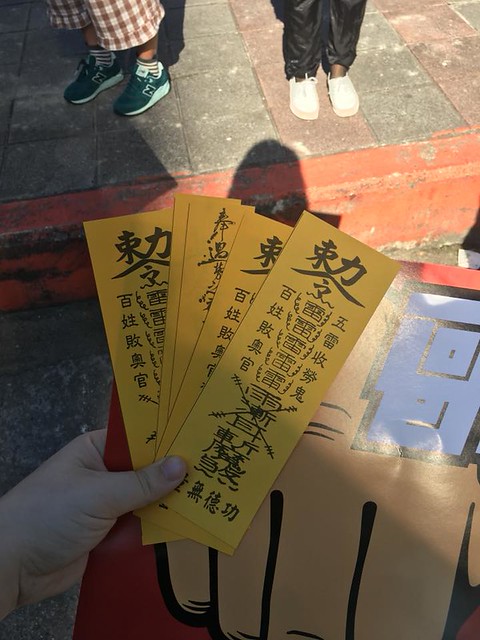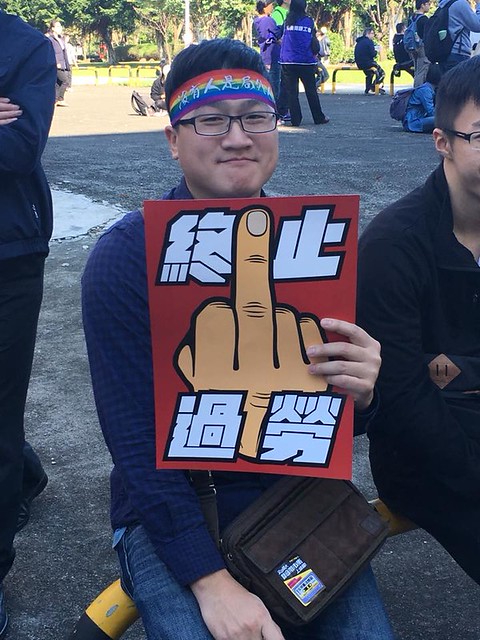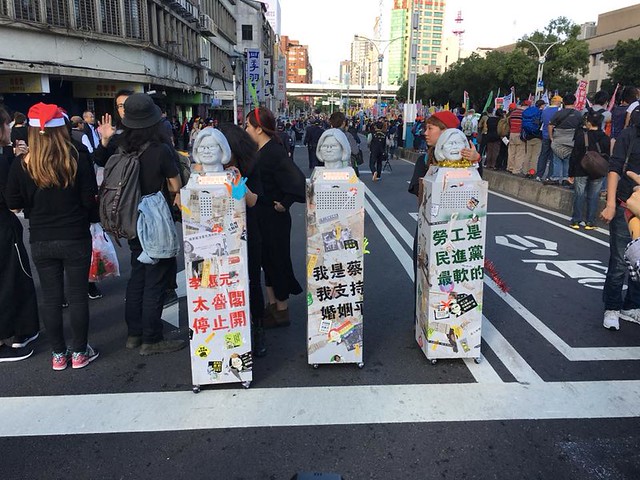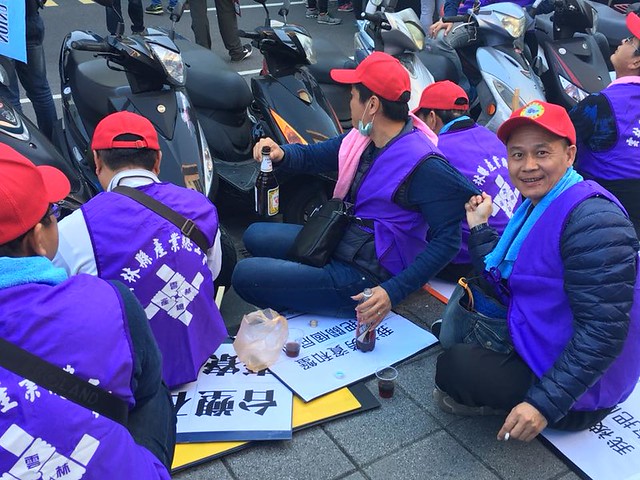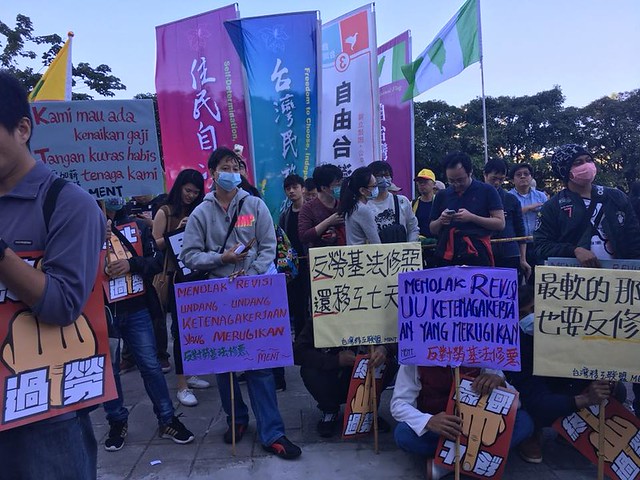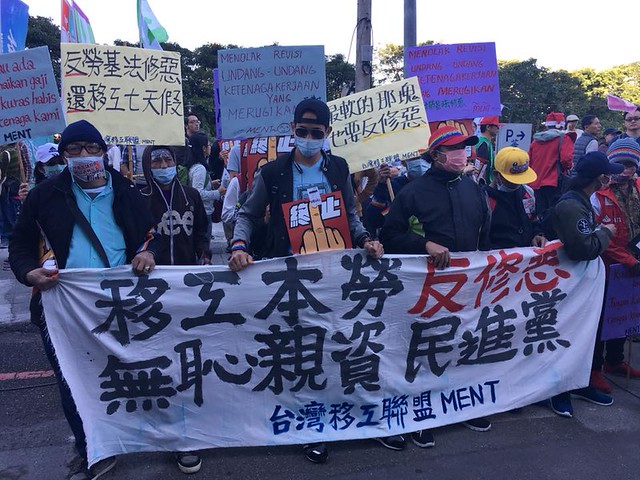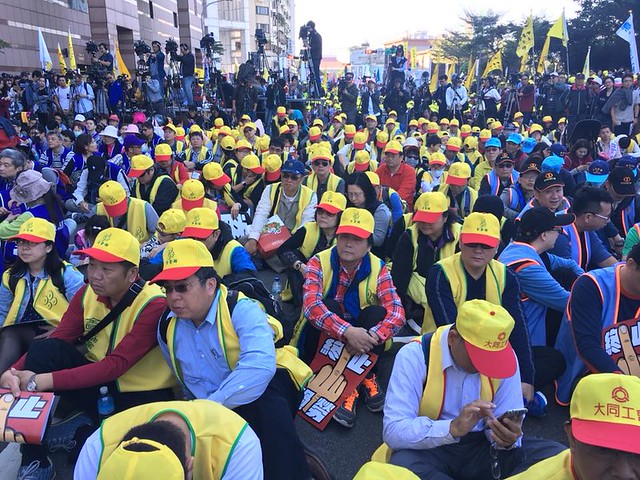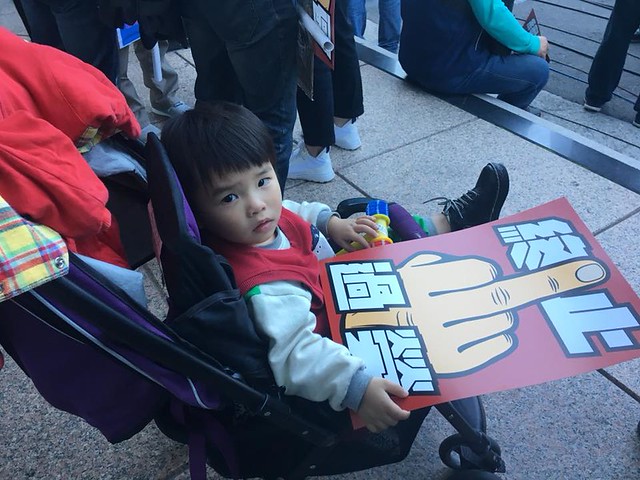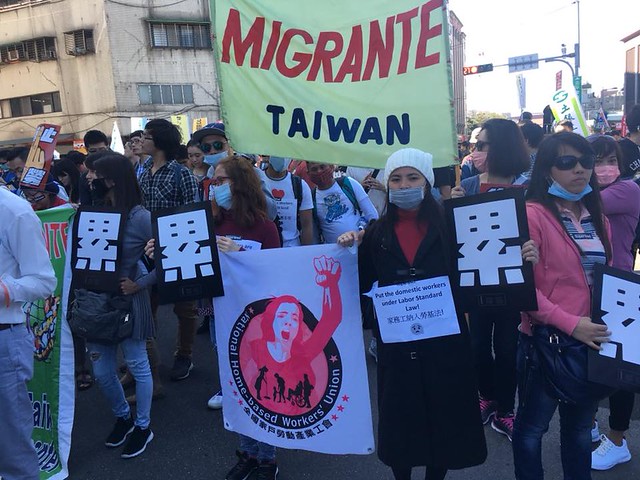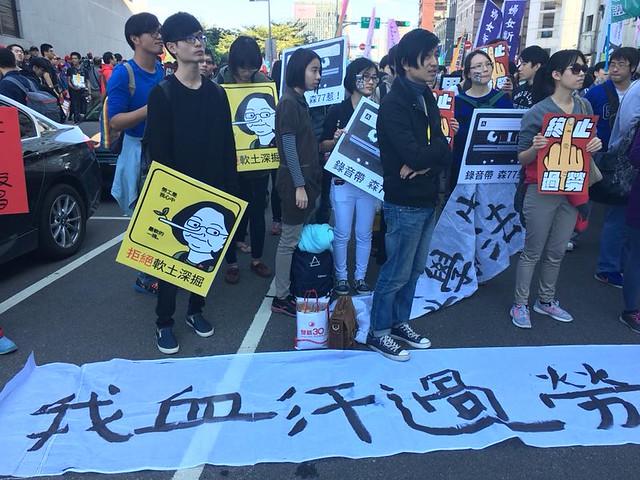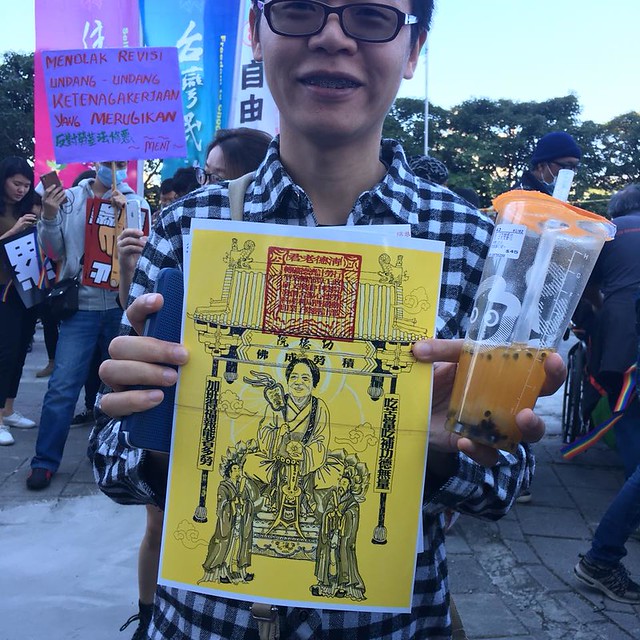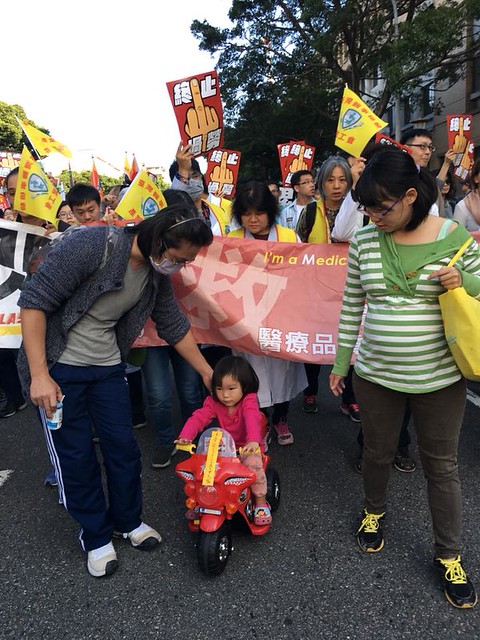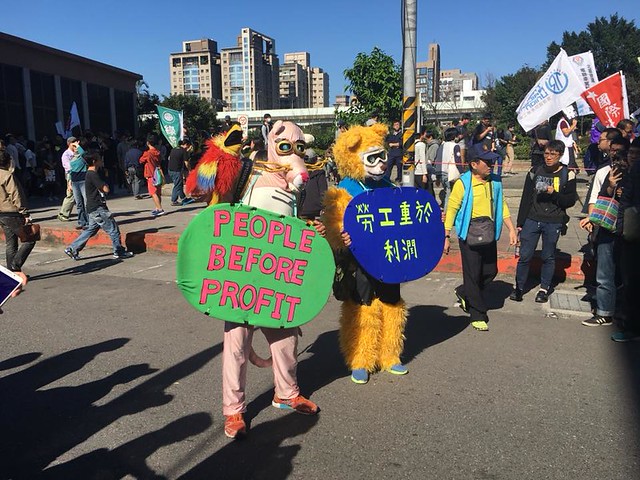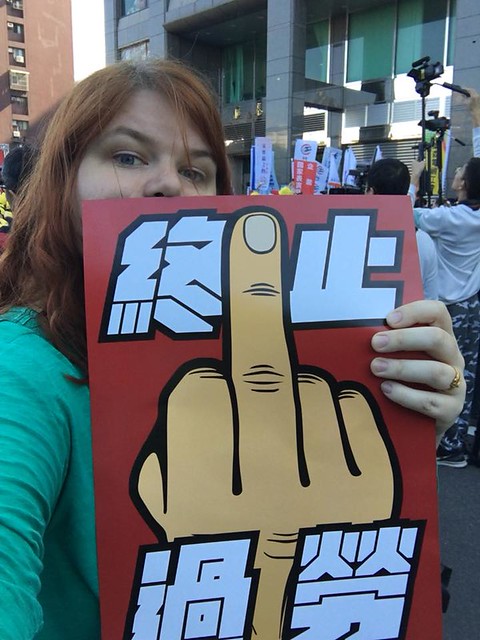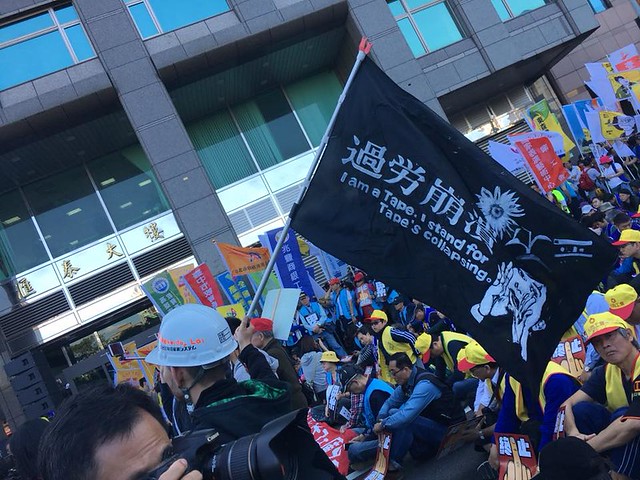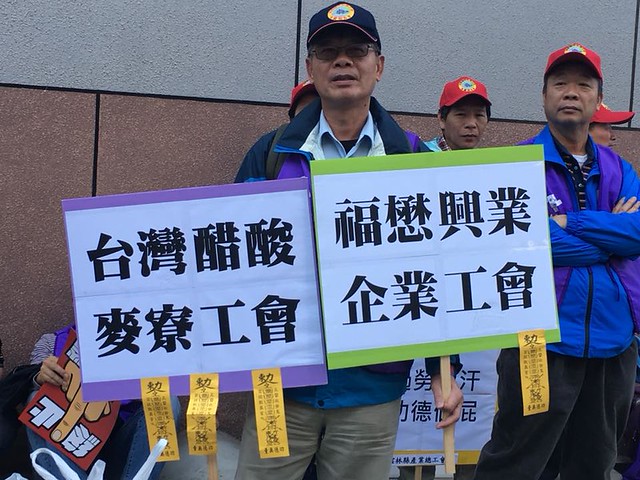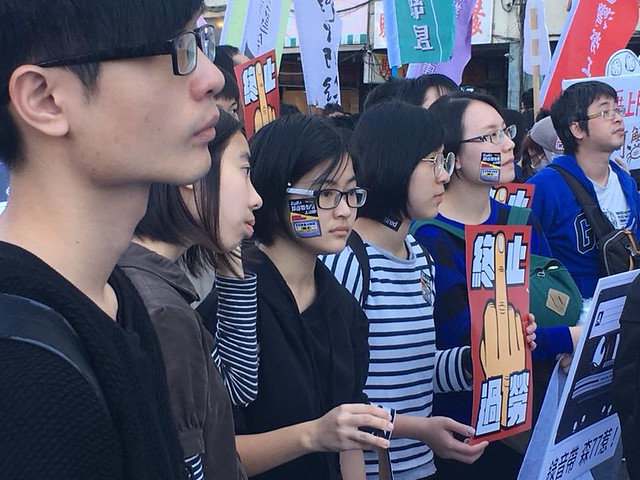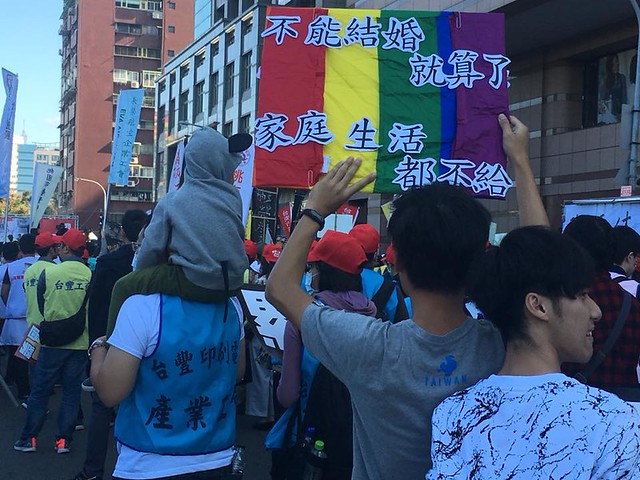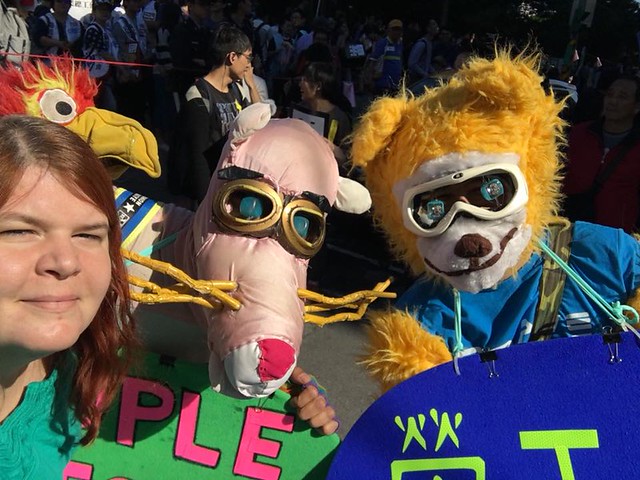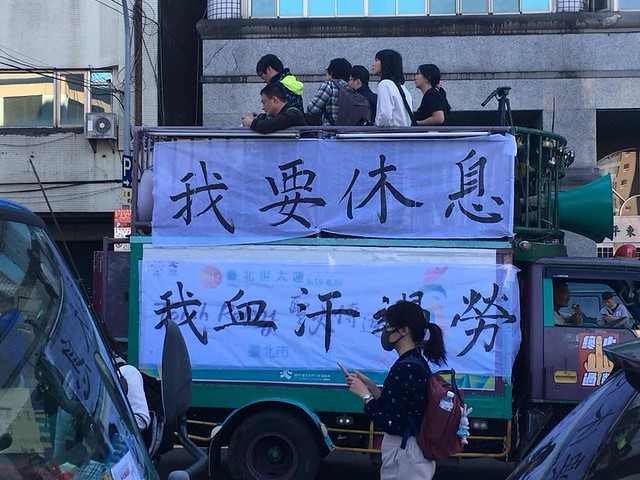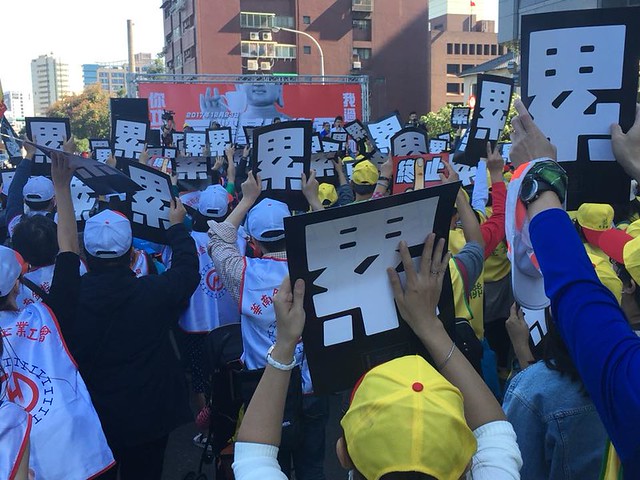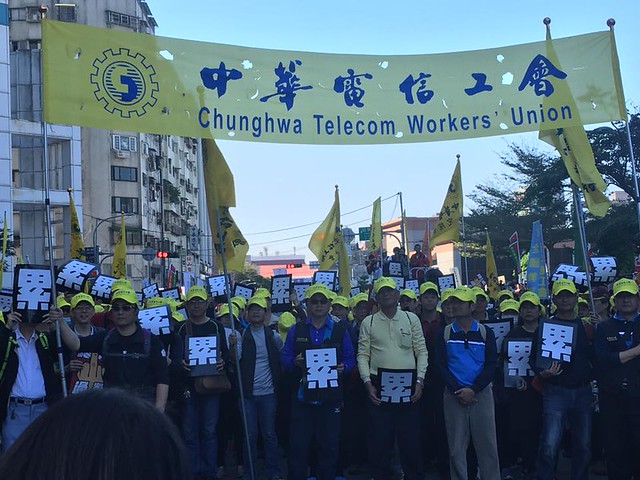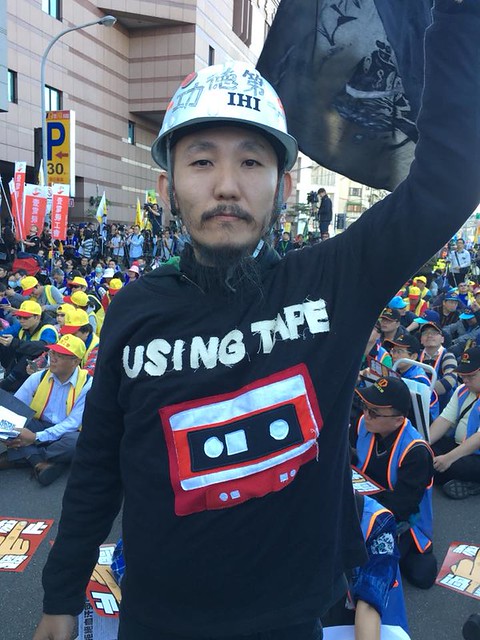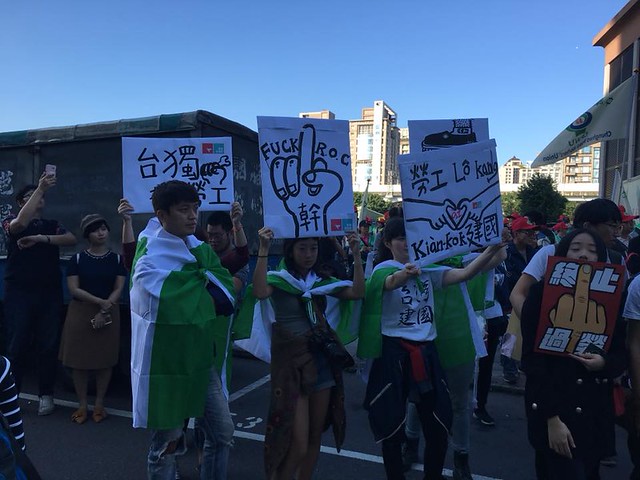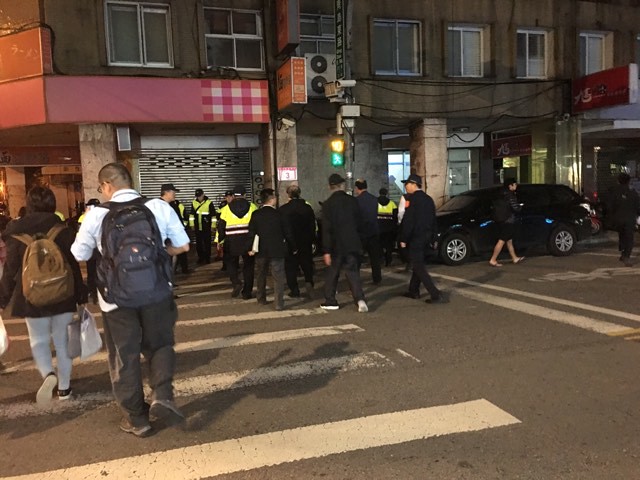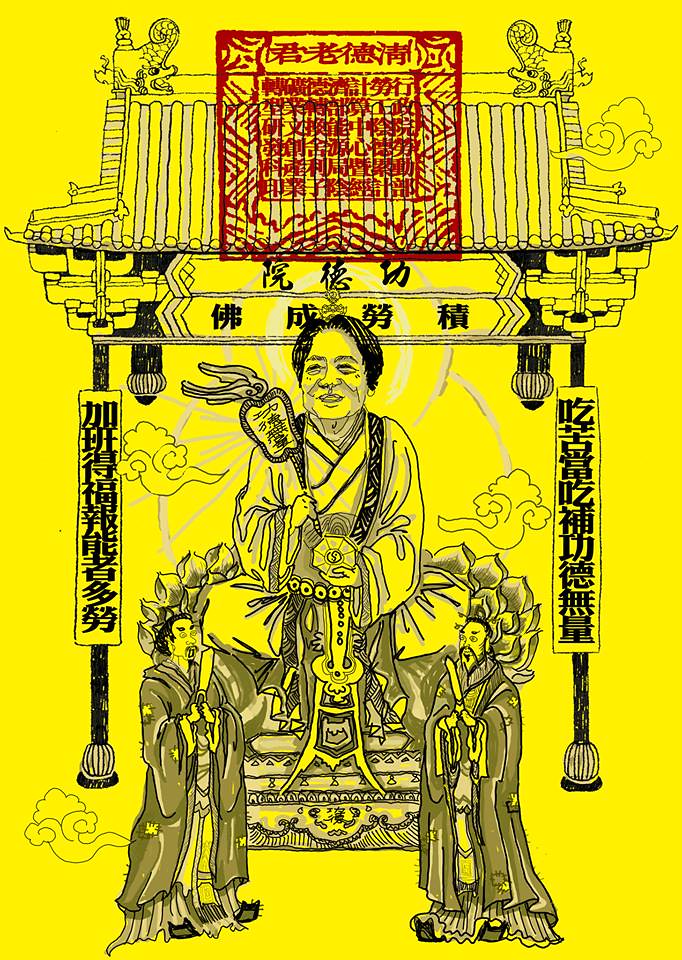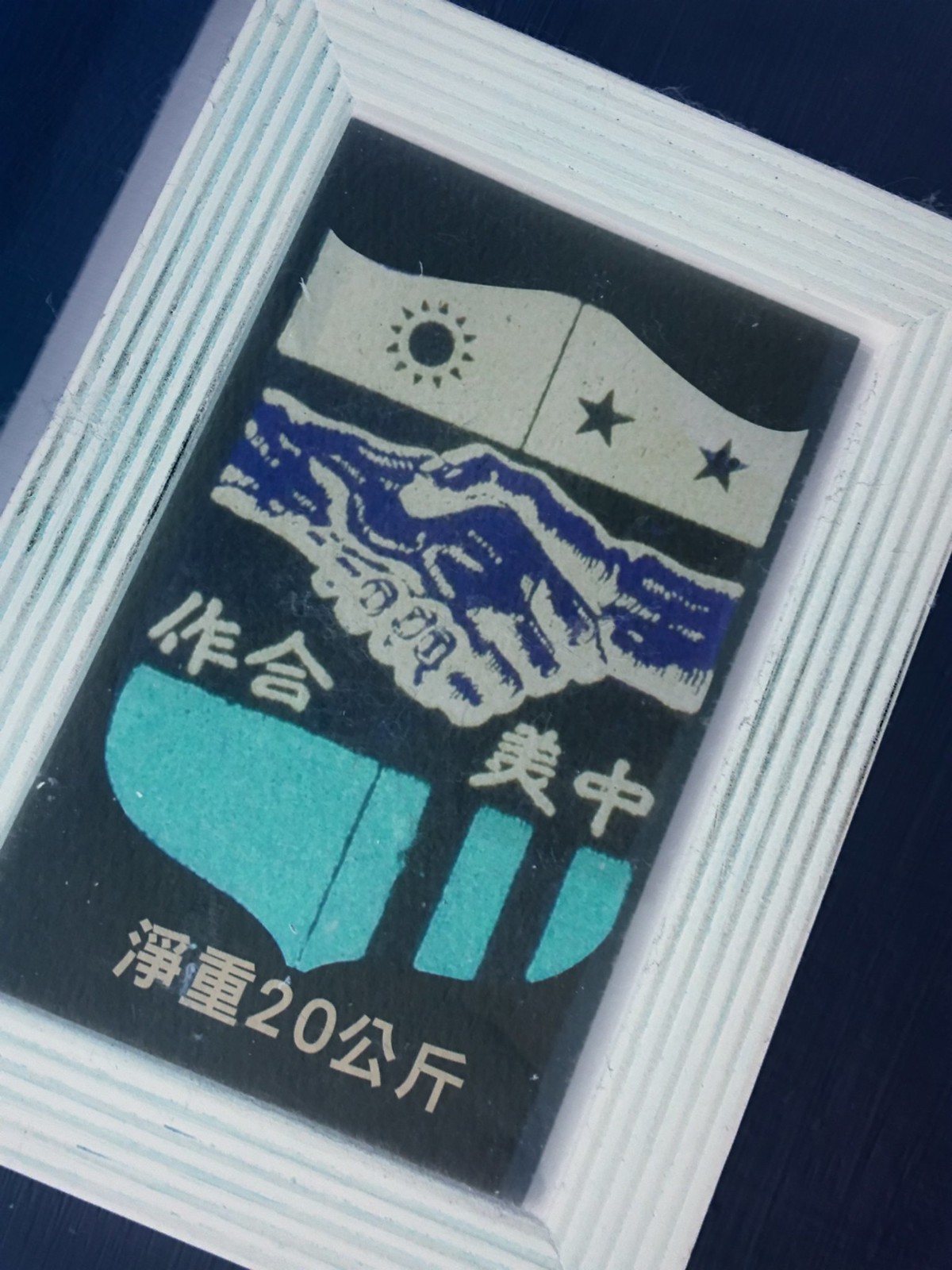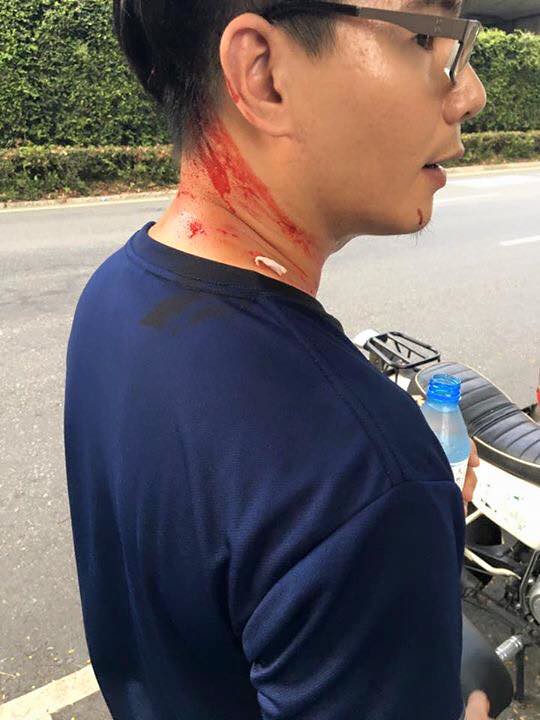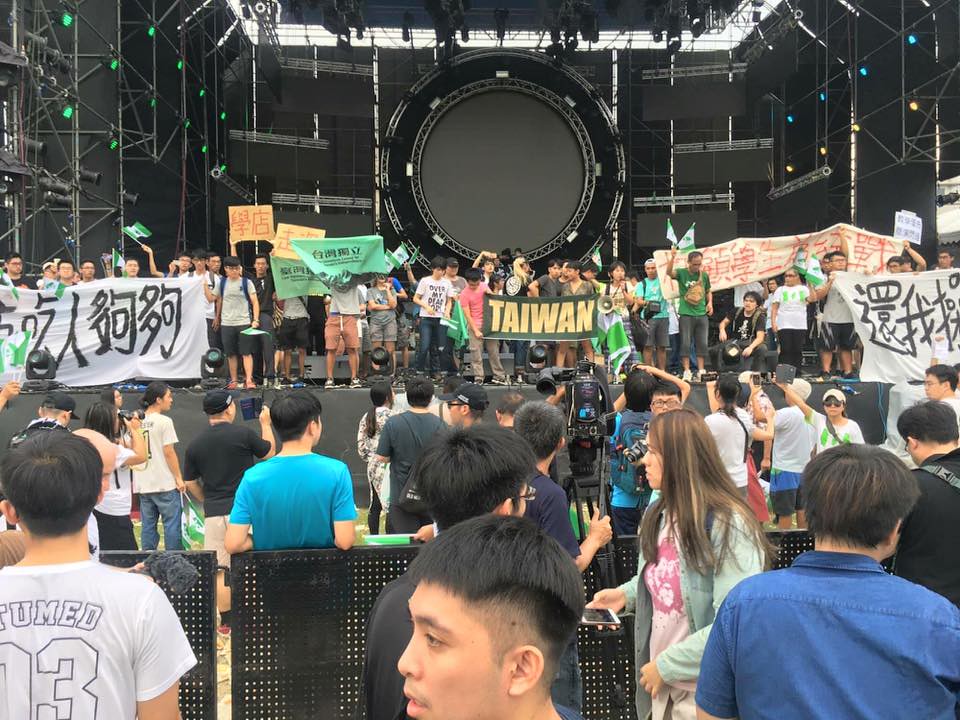 |
| Calling Taiwan "China" makes about as much sense as calling a horse a dog. Shame on you, IELTS. |
I'm still deeply upset as someone who has taught IELTS preparatory classes that the IELTS organization changed "Taiwan" to "Taiwan, China". I have quite a lot more to say about this, which I'll publish across two posts.
Right now, what I really want to say is that, as an IELTS teacher, I'm embarrassed to be associated with the brand. As a teacher who has advised her learners about proficiency tests in the past, I just can't with good conscience advise now that my learners take any test (TOEFL does the same thing, but I'm not a TOEFL teacher so I have less personally invested. They're slimy cowards for kowtowing to China too, though). My students deserve not to be humiliated just by registering.
To Taiwanese students, I say, don't take IELTS. Just...don't. I wish I had a better alternative, but I don't.
I considered writing this up for publication outside of my blog, but ultimately decided it was best published here, as it expresses a very personal opinion. That said, I do hope it reaches a wider audience, even though I feel as though this is a hopeless battle.
It took me a long time to get this together in Chinese, but here you go (English below):
拒絕雅思 每星期似乎都有新的公司或組織,在中華人民共和國的壓力下開始稱呼「台灣」(Taiwan)為「中國台灣」(Taiwan, China)。直到不久之前,這些矮化他人的組織中最過分的是航空公司,而且讓人覺得台灣人民或他們的盟友好像沒有什麽辦法可以抗議。現在,中國這種壓迫國際組織改變對台稱呼的霸凌行為,也伸向了英語能力檢定考試機構:目前雅思(IELTS)和托福(TOEFL)考試中心的國籍欄位都將台灣稱為「中國台灣」。
身為在台教學14年的認證英語教師以及正在攻讀教育學碩士的研究生,我相信,儘管語言課程討論的主題因為反映了現實世界而可能具有爭議性,或有時泛政治化,但整個語言學習的「世界」──學校、課堂和考試中心──不應該牽涉到政治。沒有學生該因為他們的國家被視為不存在,而覺得矮人一等。我在台灣有永久居留權,我也熱愛台灣這個國家,如今台灣因為中國這個日益蠻橫的擴張主義者的霸凌而慘遭除名,我實在不能眼睜睜看著我的學生因為自己國家遭除名而難堪。
我本身是雅思課程授課教師,也協助學生選擇適合的英語能力檢定考試,我曾自豪地說,雅思是所有能力檢定測驗較有效力、研究較有深度的測驗之一。沒有測驗是完美的,但以標準化的考試而言,雅思已盡善盡美。然而,現在我自己因為和雅思這個招牌有關而覺得丟臉,我再也無法向學生推薦雅思或托福了。學生受這種侮辱實在不值得。台灣整體值得受到國際組織更好的待遇。
我很多學生都想出國,常常想在短期內實現這項目標。然而在出國準備計畫方面,我能給學生的唯一良心建議就是暫停所有報考語言能力測驗的計畫,並透過考試系統官方網站上的聯絡資訊和社群媒體平台,寫信給考試委員會,要求把國籍名稱改回「台灣」,但同時將整份國家清單改稱為「國家╱地區」(Country/Region)清單,這樣重擔就會變成落在讀者身上,組織本身則不必表明政治立場。我建議學生也寫信給英國在台協會和澳洲國際文教中心,要求他們向雅思機構負責人正式提出投訴。
我自己也是從美國搬來台灣,我能體會延後出國計畫有多麼困難。然而,這些組織越快感受到經濟壓力,就會越快做出改變,公平對待台灣。 英語能力測驗公司不像航空公司一樣習慣應付憤怒的顧客,因此他們更容易因為報考人數驟減和抱怨增加而擔憂。他們和中國之間也不像航空公司和中國一樣彼此需要,儘管中國是雅思和托福的大市場,中國實際上不能像禁止外國航空公司一樣禁止他們,就好像中國終究沒有因為劍橋大學出版社拒絕將特定文章在中國下架而禁止他們。與你和航空公司打交道的經驗不同,你的聲音可能真的會被聽見。
在你的聲音被聽見之前,這名深愛台灣且曾教過雅思的英語教師只有一項建議:請拒考雅思。
That's for my students and Taiwanese readers.
In English:
Every week, it seems as though a new company or organization begins referring to “Taiwan” as “Taiwan, China” under pressure from the People’s Republic of China. Until recently, the most egregious offenders were airlines, and it felt as though there was little that Taiwanese people or their allies could do in protest. Now, China’s bullying of international organizations about Taiwan’s name has reached the English proficiency exam industry, with both IELTS and TOEFL designating test centers in Taiwan as “Taiwan, China”.
As a certified English teacher of 14 years in Taiwan who is currently working toward a Master’s in Education, I believe that while topics of discussion in language classes may be controversial or occasionally political as this reflects the real world, that the ‘world’ of language learning - the schools, classes and test centers - should be apolitical. No learner should be made to feel denigrated because their country has been designated as non-existent. As a permanent resident of Taiwan who loves this country, I can not accept that any of my Taiwanese learners might feel embarrassed that their nation has been erased due to the bullying of an increasingly expansionist China.
As a teacher who has conducted IELTS preparatory classes for proficiency exams and given advice on which exam to take, I was once proud to say that IELTS is one of the more valid, reliable and well-researched proficiency exams available. No test is perfect, but as standardized exams go, IELTS was as good as it could be. However, I am now personally embarrassed at being associated with the IELTS brand, and I can no longer recommend it, or TOEFL, to my learners. They deserve better than to be insulted in this way. Taiwan as a whole deserves better treatment from international organizations.
Many of my learners hope to go abroad, often within a short timeframe. However, the only course of action I can recommend with a clear conscience is to put plans to sit for a proficiency exam on hold, and write to the exam boards instead to complain about this wording, both through their websites where contact information is available, and on social media. Ask them to change the designation back to Taiwan, but name the list “Country/Territory”, so that the burden will be on readers, rather than the organizations themselves taking a political stance. Write to British Council Taiwan and IDP Taiwan as well, asking them to lodge formal complaints with the head IELTS office.
Having moved from the US to Taiwan myself, I sympathize with how difficult it may be to postpone one’s plans to move to another country. However, the more swiftly these organizations feel economic pressure to treat Taiwan fairly, the more quickly the change can be made. Unlike airlines, who are used to dealing with angry customers, English proficiency testing companies are more likely to be concerned by a sudden drop in registrations and uptick in complaints.
Unlike airlines, China needs them as much as they need China: while it is true that China is a huge market for IELTS and TOEFL, China cannot realistically ban them from the country as they might with a foreign airline, just as they ultimately did not ban Cambridge University Press for refusing to make certain articles unavailable in China. Unlike with airlines, your voice may actually be heard.
Until it is, this English teacher who used to teach IELTS classes and who loves Taiwan can only give one piece of advice: don’t take IELTS.
To the other IELTS teachers out there, I say: stop recommending IELTS. Tell your students exactly what you think of them and their bending over for China. Show them that foreign residents of Taiwan care, too.
IELTS, too, should be worried that the very people - the professionals, the teachers, and yes, the foreign faces - who are the 'face' of IELTS in Taiwan hate it so very much. It's not just me: I don't know even one examiner right now (and I am acquainted with more than a few) who has a good opinion of IELTS and I doubt I know even one teacher. I'm already telling Taiwanese students what I think now, when I would previously recommend them. Is that what they want for their brand image in Taiwan? If they cared, that is?

